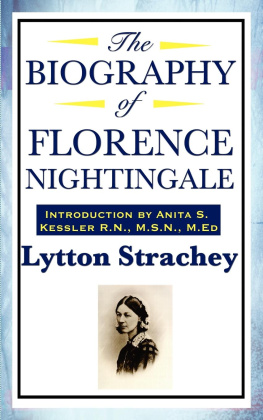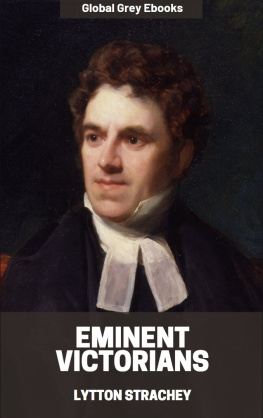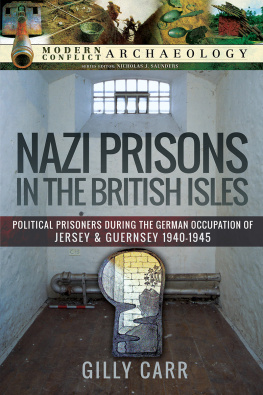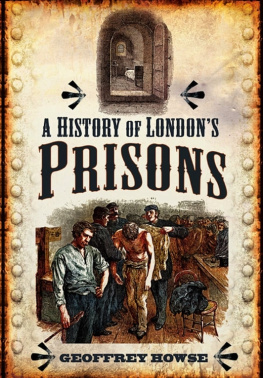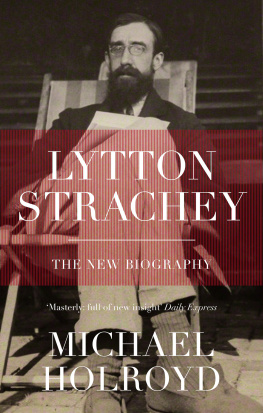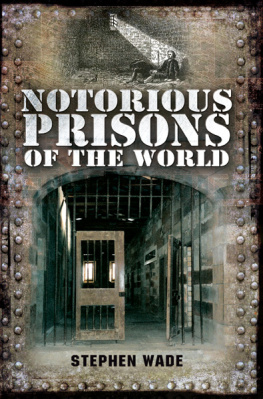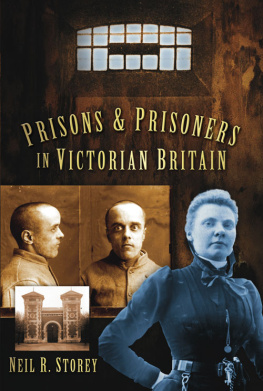DEDICATION
TO PRISONERS
When , for a short while, I shared your lot, I asked myself through all my waking hours if there were any friendly thought which could act beneficently for all prisoners, no matter how various the training of their previous lives, no matter whether distress of circumstance, drunkenness, selfish action, cruelty, or madness had been the cause which brought them into prison.
And there seemed this one thing. It is a single idea, but needs many words to give it shape.
Lay hold of your inward self and keep tight hold. Reverence yourself. Be just, kind and forgiving to yourself. For the inner you of yourself is surely the only means of communication for you with any good influence you may once have enjoyed or hope some day to find, the only window through which you can look upon a happier and more lovable life, the only door through which some day you will be able to escape, unbarring it to your own release from all that is helpless, selfish, and unkind in your present self.
Public opinion, which sent you to prison, and your gaolers, who have to keep you there, are mostly concerned with your failings. Every hour of prison existence will remind you of these afresh. Unless you are able to keep alight within yourself the remembrance of acts and thoughts which were good, a belief in your own power to exist freely when you are once more out of prison, how can any other human being help you? If not the inward power, how can any external power avail?
But if you have this comforter within you, hourly keeping up communication with all that you have known and loved of good in your life, with all the possibilities for good that you know ofin your hands, your mind, your heartthen when you are released from prison, however lonely you may be, or poor, or despised by your neighbours, you will have a friend who can really help you.
There will be people who visit you in prison, and who watch over you at first when you come out. They will try to help you, but unless they truly understand your lot, understanding your goodness as well as your badness, and sympathising with your badness as well as with your goodness, they will seem far off from you. Who knows, though, but what you may help them? In my ignorance and impudence I went into prison hoping to help prisoners. So far as I know, I was unable to do anything for them. But the prisoners helped me. They seemed at times the direct channels between me and God Himself, imbued with the most friendly and powerful goodness that I have ever met.
Prisoners, I wish I could give to you, for your joy, something of the help you gave to me, and that in many ways I could follow your example.
CHAPTER I
INTRODUCTION
Some of the experiences which I have to record are of so unusual a character that I think it will help to a better understanding on the part of my readers if I briefly outline the drift of my existence before I became aware of the womens movement, and in touch with that section of it known as the Militant Suffragettes.
My father had been dead fifteen years and I was thirty-nine years old in 1906, when my narrative begins. I lived with my mother in the country. Two sisters and two brothers had left the home when they were youngthe sisters to marry, the brothers to train for and enter their professions. I assumed, as did all my friends and relations, that, being past the age when marriage was likely, I should always remain at home. In my early girlhood I had a yearning to take up music professionally; again, after fathers death, when unexpected financial misfortunes caused my mother great anxiety, I had longed to try my hand at journalism; and once more, a few years later, I had the same ambition. But these wishes, finding no favour, had in each case eventually to be repressed, and in 1906 I had neither equipment, training nor inclination for an independent life.
I had been more or less of a chronic invalid through the greater part of my youth. An overmastering laziness and a fatalistic submission to events as they befell were guiding factors in my existence. I was passionately fond of animals and of children, music was a great delight to me; otherwise I was not given to intellectual pursuits. So far as I know, I was an average ordinary human being, except perhaps for an exaggerated dislike of society and of publicity in any form. I had many intimate friends, both men and women, and also children. Such mental training as I have known was chiefly due to intercourse with them. I owed to them, as well as to my mother and many members of my family, a happy life, in spite of considerable physical suffering.
In 1896 and successive years I had given secretarial help to my aunt, Mrs. C. W. Earle, in the writing of her wonderfully delightful books, beginning with Pot Pourri from a Surrey Garden. She insisted that, in return for my small and mostly mechanical services, we should share the profits of the sale. The book ran into many editions, and she held to her bargain, but I never felt as if I had a right to the money. Her widely sympathetic and stimulating companionship had a great influence on my mind. Thanks to her investigations in theories of diet, I became a strict vegetarian. My health gained in all directions and I gradually freed myself from the so-called constitutional rheumatism from which I had suffered since my infancy. I realised, too, that all these years I had caused untold suffering that I might be fed, and determined that in future the unnatural death of an animal should not be necessary to make up my bill of fare. My vitality increased, but the notion of a vocation apart from my family and home remained as foreign to my ideas as it was then to the average British spinster of my class.



